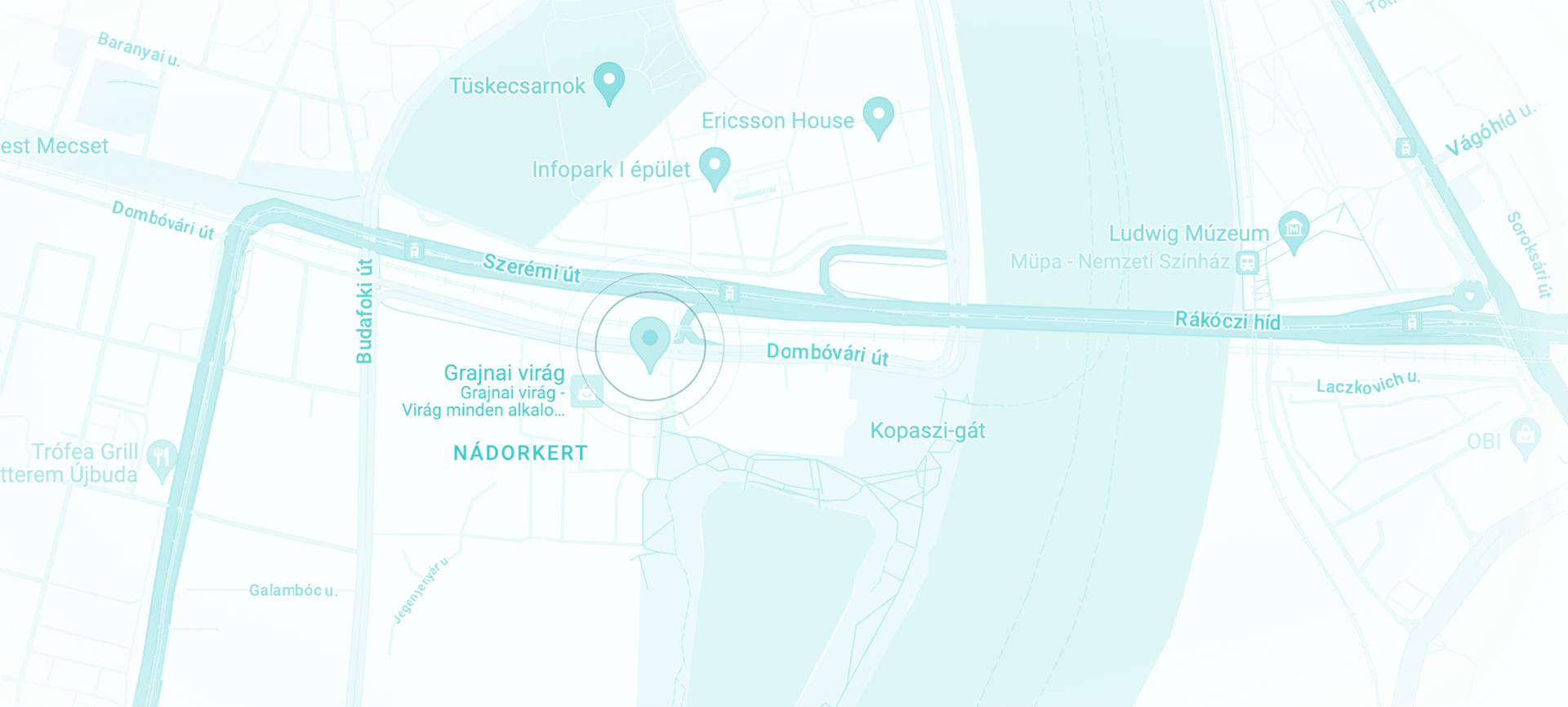
How do you qualify for social security in Hungary?
When you hear about “free health care” in Hungary, keep in mind that the health care services you receive are covered by social security: everyone chips in (through taxes) to keep the population as a whole healthy. But how do you qualify for these health care services through social security as a foreigner in Hungary?
When you hear about “free health care” in Hungary, keep in mind that the health care services you receive are covered by social security: everyone chips in (through taxes) to keep the population as a whole healthy. But how do you qualify for these health care services through social security as a foreigner in Hungary?
Last updated on 28 August 2024.
1. Being insured
If you are an employee at a Hungarian company, you are self-employed, or you are an owner and managing director (at the same time) of a company, you must be registered in the social security system. You need a social security number from the National Health Insurance Fund, which will be displayed on your social security card (or TAJ card, in Hungarian).
When you acquire your above-mentioned status (e.g. start working, or become a managing director), the accountant of the company will report this to the authorities, and you will have to pay social security contribution each month to the Tax Authority.
- If you are an employee, your employer will deduct this from your gross salary and forward it to the Tax Authority.
- If you are the person responsible for paying your own taxes, your accountant will let you know how much you have to pay and when.
Apart from this, there is nothing else to do: you are insured! If you have just registered for social security, you should check after 2 or 3 weeks if your social security number is actually active. You may do this through the electronic administration portal (the “Ügyfélkapu”), or you can ask your employer or your/their accountant to check it for you.
Family members of company managers or of employees become eligible once they already have a laminated address card that comes with permanent residency (or with the EEA registration card) – see section 2 for children and section 3 and 4 for all family members. Of course, if the family member enters employment, they will become insured, as above.
2. Being eligible without payment
In some cases, you might be eligible to receive health care services without paying social security contribution. The type of your residency and the basis of the eligibility must be closely examined. For example, a minor is eligible if they have a lamineted address card with a Hungarian address (that comes with permanent residency or an EEA registration card – not the accommodation slip).
In this case, you just need to register your child for social security at the National Health Insurance Fund. They will not have to pay any contributions.
3. Paying social security contributions on your own
If you do not belong to the above categories, you can still have insurance in Hungary. If you have an EEA registration card or permanent residence permit, AND if you have had an address card (not the accommodation slip) for at least one year, you should pay social security on your own. A monthly payment of HUF 11,300 (ca. EUR 30) gives you full healthcare coverage (not including financial support like sick pay or pay during maternity leave, etc.) in Hungary.
This option might also be relevant for foreign students in Hungary who have been here for more than one year and have a (laminated) address card.
The procedure is a bit complex, since it involves getting a social security number and registering your insurance at the Tax Authority. However, we are here to help you with each step.
4. Getting insured based on an agreement
If you do not belong to any of the above categories, but you still want social security in Hungary, you can make a separate agreement with the authorities. In this case, the monthly fee will be 50% of the current gross minimum wage (HUF 133,400, ca. EUR 340). For minors (children under 18) and full-time students the fee is 30% of the current gross minimum wage (HUF 80,040, ca. EUR 200).
However, with this option, you are eligible only for emergency care over the first two years. If you want to benefit from other services, you must pay for two years of service at the time of signing the contract.
Accordingly, you might be better off choosing a private health insurance until you become eligible for a cheaper solution of registering for social security.
This option is most relevant for family members of resident permit holders who got Hungarian residency through family unification but do not yet have an address card; namely, for the spouse if they are not employed, and to the minor children.
PLEASE NOTE: we no longer provide assistance with social security as an individual service.
Contact
Contact us today
Monday - Friday
9am - 5pm CET
Helpers Hungary Kft
Budapart Gate
Dombóvári út 27
Budapest 1117, Hungary
If you’re visiting us, please use entrance A and come to the 2nd floor.






